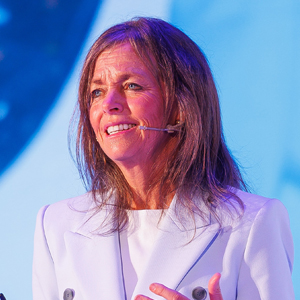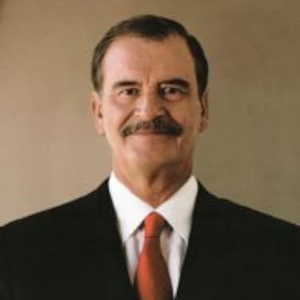Dr Julian Caldecott is a world renowned ecologist and conservationist. He has spent more than 20 years promoting biodiversity conservation and environmental sustainability around the world.
He has contributed to major conservation programmes in Indonesia (protected areas in Siberut, Flores and Central Sulawesi), Malaysia (the Maliau Basin Conservation Area in Sabah, awareness of the value of wild meat harvests and biodiversity in Sarawak and Malaya), the Philippines (in Samar), China (in Hainan), Sri Lanka (parts of the protected area system, and the national wildlife policy) and Nigeria (the Cross River National Park). Major themes in his work include integrating development and conservation, promoting sustainable and equitable use of biodiversity and ecosystems, and exploring ways to finance conservation sustainably.
Julian has written several books, including Hunting and Wildlife Management in Sarawak (1988), Designing Conservation Projects (1996), and his latest book, Water: the Causes, Costs and Future of a Global Crisis (2007) (foreword by Zac Goldsmith) which is about the ecology of the global water crisis. He also co-edited the World Atlas of Great Apes and their Conservation (2005) (foreword by Kofi Annan).
In 2003-2005, Julian led a division at UNEP’s World Conservation Monitoring Centre, responsible for global assessment of ecosystem status and threats, and the valuation of ecosystem services. He then joined the UNEP Asian Tsunami Disaster Task Force in early 2005, to help assess the impacts of the Great Tsunami in Sri Lanka, and to improve environmental security by restoring mangroves, coral reefs and other coastal ecosystems.
In 2006-2007 Julian was Senior Technical Adviser at the UNEP Post Conflict and Disaster Management Branch, with special responsibility for environmental restoration in the Indian Ocean region. In 2009 he joined the Advisory Board of Our Future Planet, a web-based community where citizens can design a new world sustainably inhabited by all its peoples and species.
With this background and reputation, Julian can speak with authority on a wide range of topics related to the environment.
- the current worldwide mass extinction of wild species and what we can do to reduce its rate
- the implications of climate change for ecosystems and the people who depend upon them, including vulnerabilities to floods, droughts, and the spread of fires, deserts and diseases;
- the escalation in environmental and weather-related disaster risk, and how to reduce it while adapting to changing conditions;
- the laws, policies and actions that governments and ordinary people can use to overcome particular environmental challenges, from renewable energy and carbon storage to waste management and sustainable fisheries;
- the ways in which businesses can build and maintain trust among their customers that they are part of the solution to environmental problems rather than the opposite, which will soon be a key factor in commercial viability.










